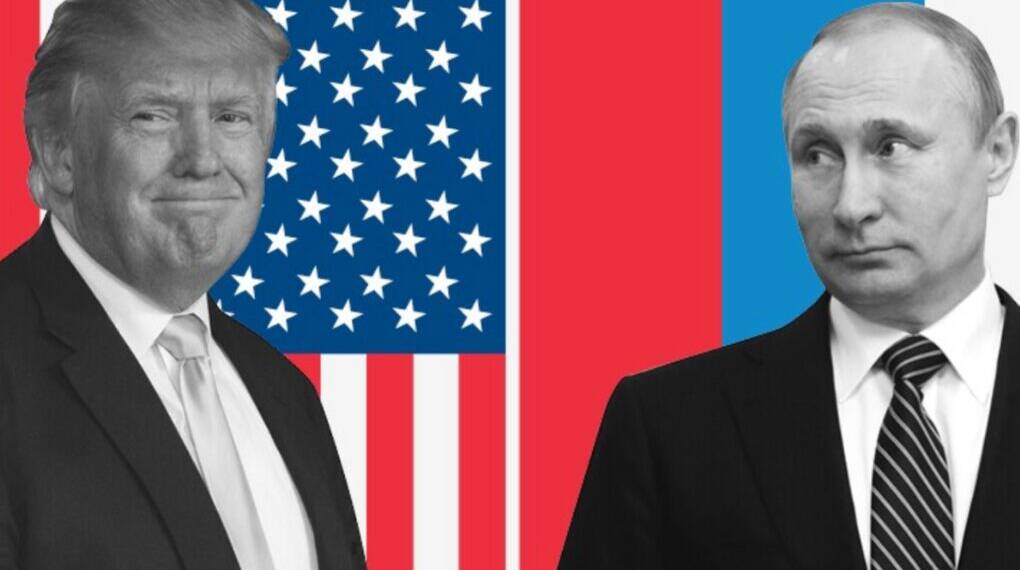Russia has formally announced that it no longer considers itself bound by the 1987 Intermediate-Range Nuclear Forces (INF) Treaty with the United States, marking a significant shift in global arms control dynamics. This declaration follows a series of escalating tensions between Moscow, Washington, and NATO, as well as President Donald Trump’s recent directive to position two US nuclear submarines near Russian waters.
The breakdown of this decades-old arms control agreement underscores deep-rooted mistrust and mounting security concerns fueled by evolving military postures in Europe and the Asia-Pacific.
Reasons for Russia’s Withdrawal
The INF Treaty, signed by Soviet leader Mikhail Gorbachev and US President Ronald Reagan, banned an entire class of ground-launched missiles with ranges between 500 and 5,500 kilometers, aiming to curb the nuclear arms race in Europe. However, the treaty’s relevance dwindled as accusations of non-compliance and geopolitical rivalries grew.
The United States withdrew in 2019, citing Russian violations of the treaty. Since then, Russia has maintained a conditional moratorium on deploying such missiles, contingent on Washington’s adherence. But Russian Foreign Minister Sergei Lavrov and other officials, including Dmitry Medvedev—now deputy head of Russia’s Security Council—have repeatedly signaled that the moratorium is unsustainable due to NATO’s increasing deployment of US-made land-based medium- and short-range missiles in Europe and the Asia-Pacific regions.
Medvedev blamed NATO countries directly for forcing Moscow’s hand: “The Russian Foreign Ministry’s statement on the withdrawal of the moratorium on the deployment of medium- and short-range missiles is the result of NATO countries’ anti-Russian policy,” he stated on social media. The Kremlin perceives NATO’s expansion and militarization near Russia’s borders as a direct and growing threat to its national security.

Trump’s Role and the Escalation
President Trump’s decision to move two nuclear submarines to areas proximal to Russia further escalated tensions. Coming shortly after Moscow’s announcement, this move was framed by the Kremlin as provocative and destabilizing. Medvedev responded sharply to Trump’s actions, warning the United States and its allies to “expect further steps” from Russia, signaling potential military or strategic countermeasures.
The exchange between Medvedev and Trump has devolved into a war of words, highlighting the volatile and unpredictable nature of current US-Russia relations. Trump’s administration has emphasized a hardline stance toward Russia, merging traditional concerns over treaty enforcement with new pressures resulting from the ongoing conflict in Ukraine and broader rivalry between the two powers.
Implications for Global Security
Russia’s exit from the INF Treaty and the end of the moratorium on medium-range missiles could trigger a new arms race reminiscent of Cold War tensions. The deployment of these missiles in Europe and Asia carries the risk of instability, increased military confrontations, and diminished opportunities for arms control dialogue.
The unraveling of this treaty removes a critical constraint that has helped maintain strategic stability for over three decades. The loss of trust between NATO and Russia complicates efforts to negotiate future arms control agreements, raising concerns about unchecked nuclear proliferation and regional insecurity.
Moreover, this development intensifies questions about the effectiveness of NATO policies aimed at containing Russia. While NATO argues that its military posture is defensive and necessary to deter Moscow, Russia views such measures as escalating threats. This perception gap fuels a cycle of suspicion and retaliatory actions that undermine diplomatic solutions.
Russia’s formal repudiation of the INF Treaty, catalyzed by NATO’s missile deployments and amplified by Trump’s nuclear submarine moves, marks a turning point in international arms control. It reflects broader geopolitical shifts, where mutual distrust among global powers jeopardizes longstanding security frameworks.
The exit from the treaty underscores the fragility of current diplomatic channels and highlights the urgent need for renewed dialogue to prevent an arms buildup with potentially devastating consequences. Without such engagement, the world risks entering a more unstable era of great power competition and nuclear brinkmanship.








